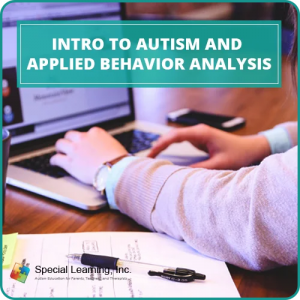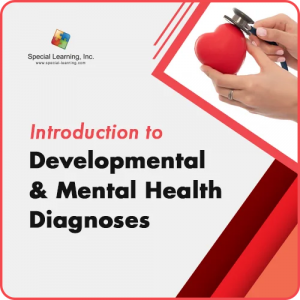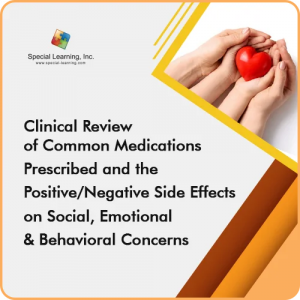Asperger Syndrome
Asperger Syndrome is often referred to as high-functioning autism because many children with Asperger Syndrome do not exhibit many of the symptoms normally associated with the more severe diagnoses in the spectrum of autism disorders. For this reason, some children with Asperger Syndrome are never properly diagnosed and are often misunderstood by peers, teachers, and parents as simply being misbehaved, clumsy or unfriendly.
The reason it is difficult for people without training to identify children with Asperger Syndrome is that they can often be quite intelligent, have normal verbal skills, and have no physical defects or malfunctions. Most times they can take care of themselves normally and can even excel in certain fields of study like computer and science.
Signs To Look Out For
So what should a parent watch out for as signs that a child might have Asperger Syndrome?
Children with the disorder have a tendency to obsess with certain objects or activities. It does not matter what the subject of the obsession is, they will likely probe and talk about it incessantly. They also won’t have the ability to recognize if people they are talking to have lost interest or not.
While some children with Asperger Syndrome may have social skills that appear normal, others will not. They may exhibit odd body language, speak in a monotone voice, lack the ability to recognize humor, or have problems with non-verbal communication skills. Because of these characteristics, they may be socially shunned by other children and be perceived as odd or weird.
Some children with Asperger Syndrome have motor delay problems that prevent activities like riding a bicycle, climbing, or playing. In some cases, a child may appear to have clumsiness and awkwardness in doing normal activities like walking and running. Some children also have repetitive behaviors such as hand clapping, twisting, or twirling.
Children with Asperger Syndrome may be diagnosed together with Attention Deficit Hyperactivity Disorder (ADHD), Obsessive-Compulsive Disorder (OCD), or Tourette Syndrome. The onset of anxiety and depression can also develop during young adulthood.
Simple Observations You Can Do At Home
You may be able to see signs of Asperger Syndrome as early as the first few years of life. It will become more pronounced by the age of three. You should consult with a professional if you observe any of the following symptoms:
- Does not make eye contact
- Does not answer when you call his name
- Shows no interest in playing with other children
- Cannot make proper gestures like pointing
- Does not participate in interactive play
If any of these symptoms are present in your child, it is best to take him or her to a medical professional for a series of tests and a formal diagnosis. As there is no single best treatment for Asperger Syndrome or for any of the classifications within the ASD, your child will be likely be advised to undergo several therapies and treatments to support his needs.
Many children diagnosed with Asperger Syndrome grow up to be independent and successful individuals. Problems with social interaction may still be experienced, but they can be controlled. As long as the intervention is implemented early and properly, there is no reason for your child not to enjoy a fulfilling life. (Bashe, 2005)
References:
Bashe, K. B.-C. (2005). OASIS Guide to Asperger Syndrome: Advice, Support, Insight, and Inspiration (2nd Ed.). New York, NY: Crown Archetype.
Copyright © by Special Learning Inc. All right reserved.
No part of this article may be reproduced in any manner whatsoever without written permission except in the case of brief quotations embodied in critical articles and reviews. For information, contact Special Learning Inc., at: contact@special-learning.com








